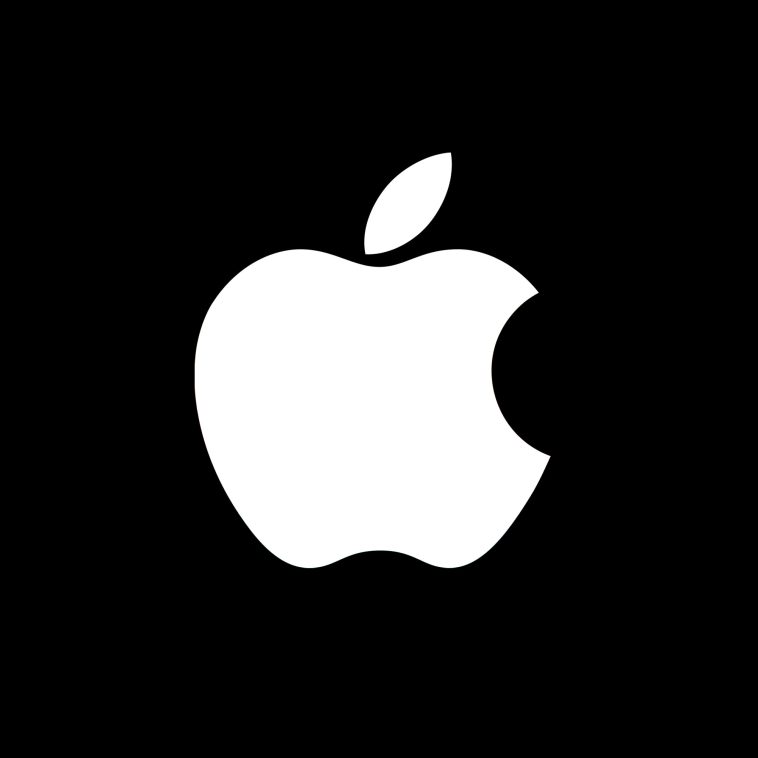In a noteworthy legal move, the U.S. Department of Justice has once again turned its antitrust spotlight on a tech titan, this time targeting Apple over monopolistic assertions related to its iPhone distribution. A number of top attorneys from 16 states have joined the Department of Justice in taking action, launching the proceedings in a federal court based in New Jersey. What sets this antitrust case apart is the accusation that the technology behemoth has been unlawfully leveraging its dominant position in the market through control over the iPhone’s hardware and software features, thus sidelining its competition.
This action marks the third time within a period spanning nearly a decade and a half where Apple has squared off against the Department of Justice in antitrust suits. However, this is the first instance in which the company has been accused of attempting to unlawfully preserve its commanding position in the fiercely competitive environment. Apple finds itself in the crosshairs of greater market scrutiny as the administration headed by President Biden has set off a series of antitrust actions against a collection of tech magnates that include Google, Meta, formerly known as Facebook and led by Mark Zuckerberg, and the e-commerce leader Amazon.
The present administration seems committed to address the mounting concerns regarding the perceived market stranglehold of the premier tech organizations in the U.S. Market speculation has already started reacting to this legal move against Apple, with the company’s share value dipping slightly more than three percent in the early hours of trading on Thursday. The spiralling legal developments have kept the investors on their toes, trying to assess the potential impact of the lawsuit.
What adds more complexity to Apple’s current scenario is the amplified focus it has been receiving from the other side of the Atlantic. European regulators have lately been keeping an eagle eye on Apple’s business practices, scrutinizing them for signs of anti-competition behavior. Earlier in the month, Apple was slapped with a hefty €1.8 billion fine by European regulators, who accused it of preventing music streaming rivals from offering more cost-effective options to the consumers.
Apple has chosen to dispute the substantial penalty, stating that the regulatory officials have not presented any solid evidence indicating harm caused to the consumers. The tech giant’s principles for competition maintain that fair competition not only simplifies choice for the consumers, but also encourages innovation in businesses. Apple harmoniously works within this balance, which it plans to stand by, as it appeals against the imposed fine.
In addition to the financial penalty, Apple might also find itself under investigation in accordance with the European Union’s recently-implemented regulations for Big Tech, termed the Digital Markets Act. This comprehensive act was put into effect recently to oversee the various operations of tech entities in the EU region. The act comes as the EU’s response to the burgeoning power of tech companies and attempts to regulate and ensure fair competition among these digital market giants.
The new stipulations by the Digital Markets Act have been met with criticism from rivals, especially around the recently introduced App Store rules. Opponents argue that these changes may culminate in inflated prices for developers. Penalties for failing to comply with the EU’s new regulations are rigorous, potentially leading up to 10 percent of a company’s worldwide annual revenue, or an even steeper 20 percent for repeated non-compliance.
The underpinnings of the Department of Justice’s case against Apple took shape back in 2019 during the administration of the former U.S. President Donald Trump. But at the time, the DOJ preferred to allot more resources to similar lawsuits against Google, resulting in a temporary reprieve for Apple from the legal spotlight. This allowed Epic Games, known for its popular Fortnite game, to build its own case against Apple over accusations related to monopoly control.
Epic Games’ lawsuit against Apple concerning the App Store’s policies has been followed closely by industry watchers, as it has importantly brought the issue of tech sector antitrust violations into sharper focus. The outcome of this case could have significant repercussions on the global tech industry, shaping how future antitrust regulations could be interpreted and enforced.
Though tech advancements have provided an undeniable boost to our daily lives, the concentration of power in a handful of tech companies has raised eyebrows regarding fair competition. The continuous scrutiny by legal and regulatory bodies at home and abroad is indicative of larger concerns brewing about market domination and its potential to stifle competition and innovation.
This lawsuit against Apple and the associated developments are of immense significance as they represent the commitment of administrations, whether of the U.S. or Europe, to maintaining a level playing field in the tech industry. Such legal pressure can help guarantee that no single company grows so dominant that it discourages competition or stifles innovation in the rapidly evolving digital landscape.
The federal court hearing will review the allegations against Apple closely. If these charges are substantiated, it would represent a significant shift in the balance of power in the tech sector. On the other hand, if the court rejects these accusations, it could trigger re-evaluation of antitrust laws and their application in the tech domain.
In the end, the proposed new regulations and oversights are about creating an environment that augments healthy competition, protects consumer interests, and ensures that advancements in technology continue, free from any potential monopolistic influences. These developments highlight the fact that growth should go hand in hand with fair competition, ultimately benefiting end consumers and businesses alike.
In conclusion, the developments spotlight the need for an unbiased and robust market teeming with innovation and competition. They put forward an ideal scenario where every tech company, irrespective of its stature, is bound by fair competitive practices. It is now up to the legal and regulatory authorities to ensure that monopolistic tendencies are kept in check, thereby securing the interests of consumers and sustaining the technology sector’s dynamic and innovative spirit.



